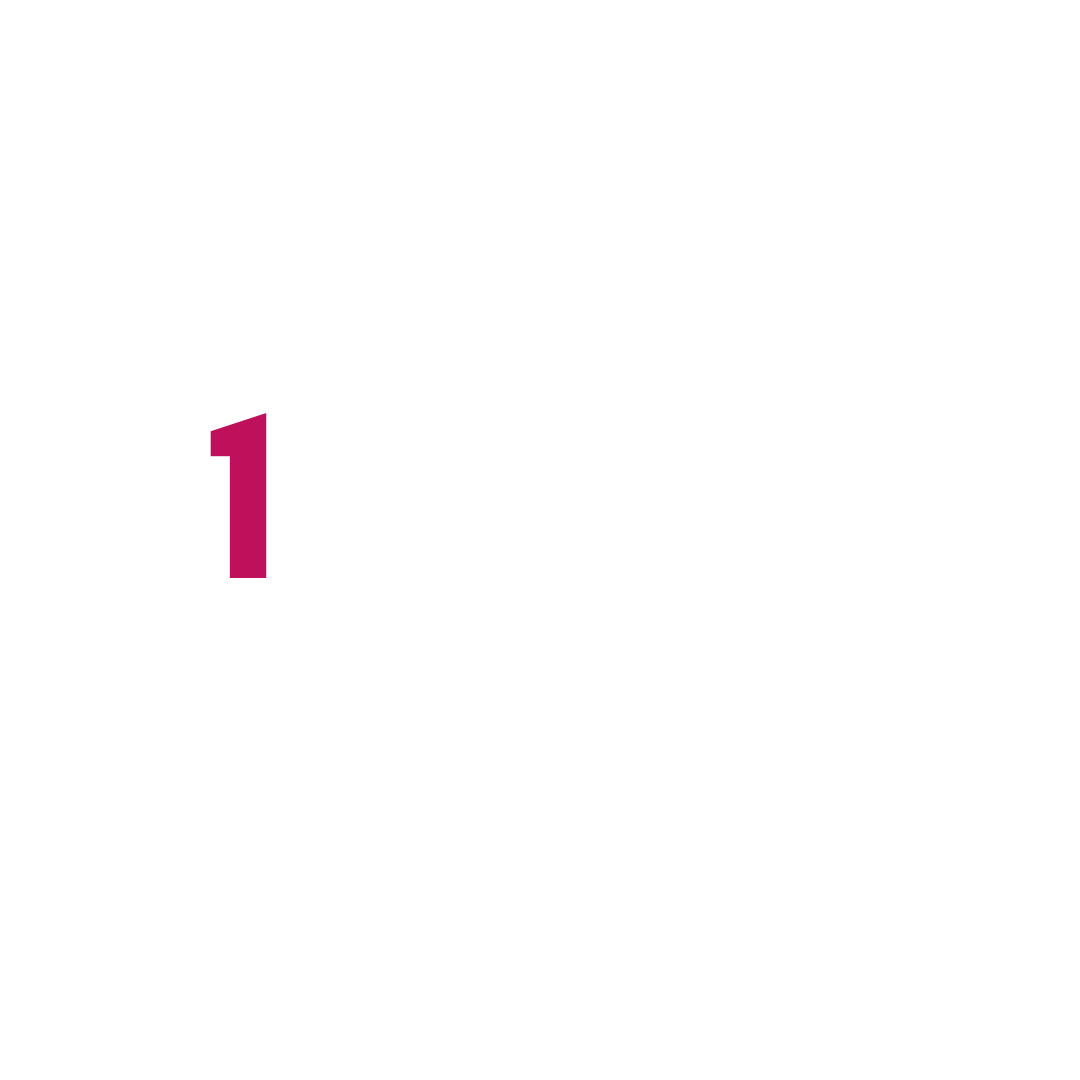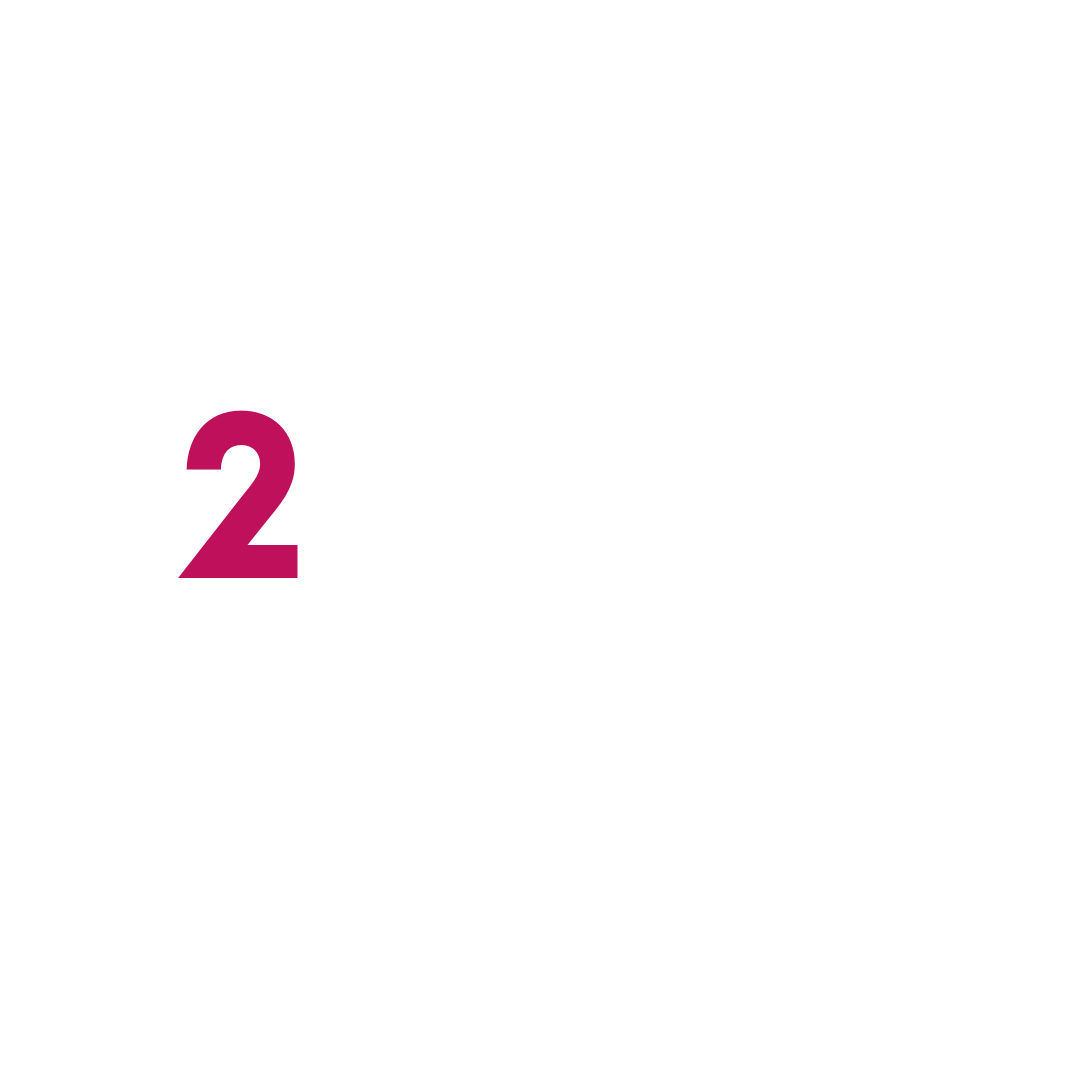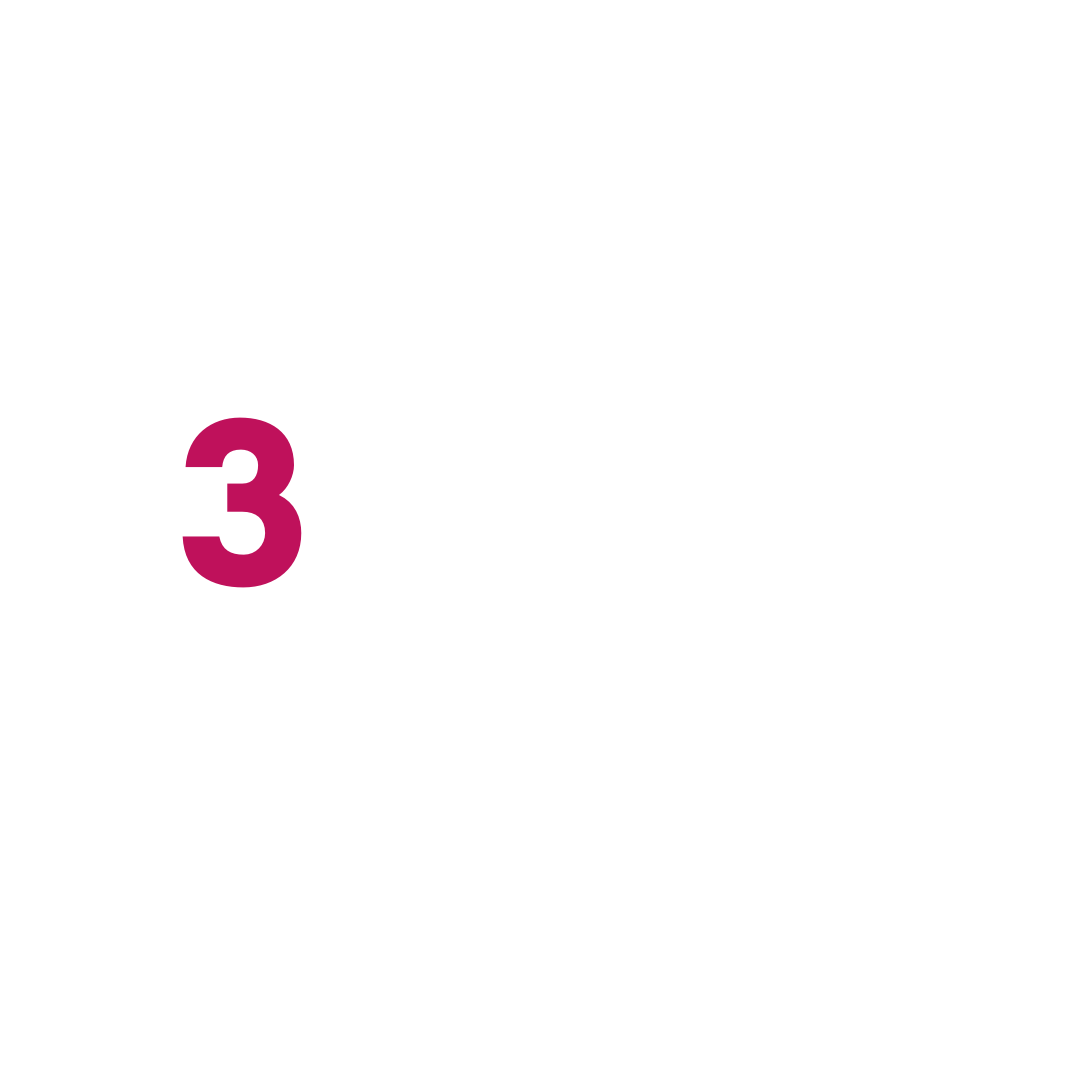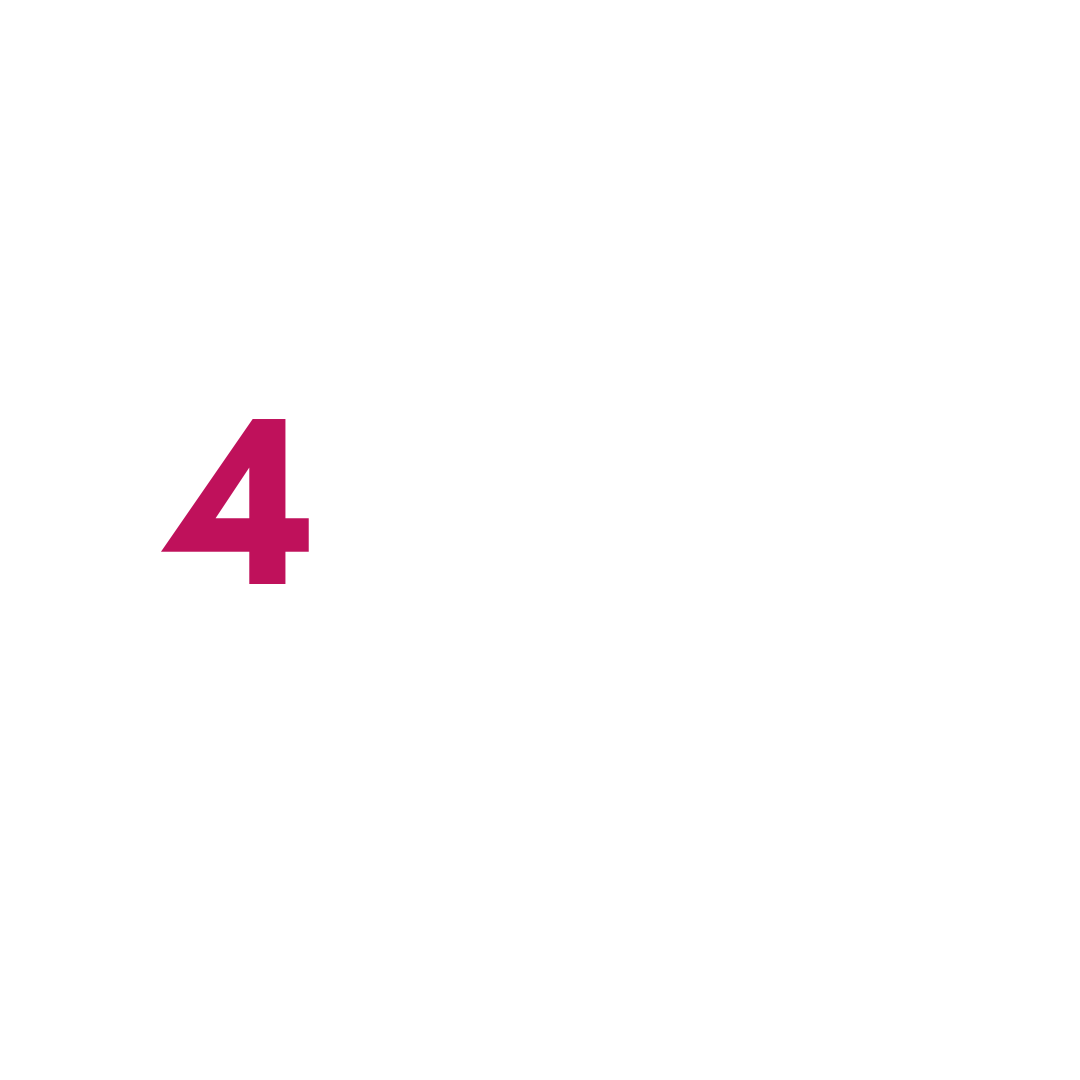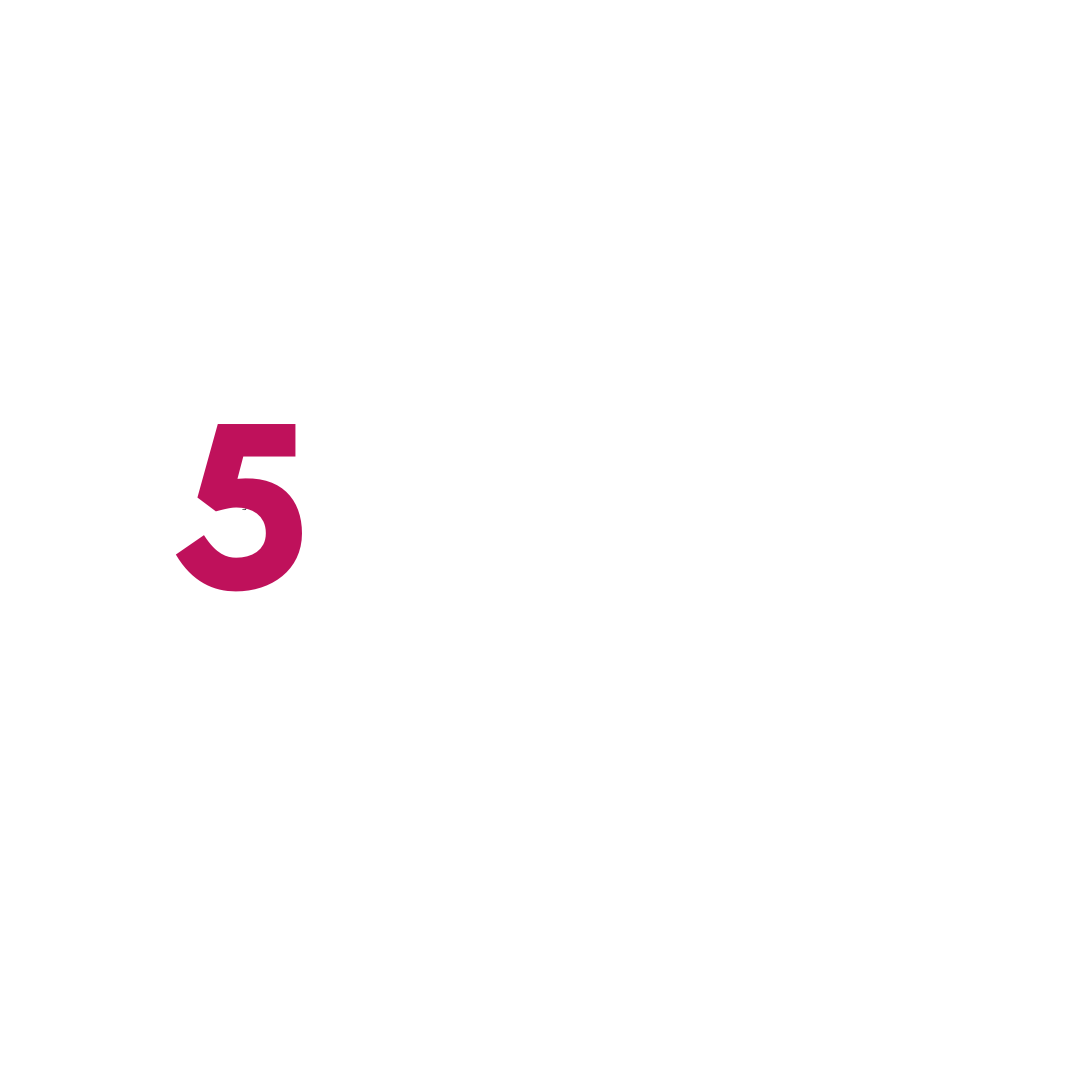Digital Designer - Hire or get hired
Your guide to the Digital Designer Role: Salary & hiring tips
Recruiting an Digital Designer or looking for your next Digital Designer job?
As a specialist recruitment agency in Marketing and Digital, we work with top Digital Designer and senior Marketing and Digital leaders across Australia, New Zealand, and the UK. Whether you're looking to hire a permanent Digital Designer or need a contract Digital Designer to guide your business through change, our recruitment consultants have the expertise and market insight to help.
We’ve placed dozens of senior Marketing and Digital professionals into roles across industries, from ASX-listed corporations to fast-growing SMEs. Our understanding of the talent landscape allows us to connect employers with Marketing and Digital professionals who not only meet technical requirements but align with leadership and cultural needs too.
Whether you're an employer seeking a JOBTITLE or a candidate ready for your next career move, we can help.
Submit your resume or request top talent today - our expert specialsiation recruiters are ready to assist.
How to hire an Digital Designer: Our recruitment process
Initial Consultation and Role Briefing
Our process begins with a detailed consultation. We meet with you to understand the role, required skills, experience level, and cultural fit. This ensures the search is tailored to your business needs.
Candidate Sourcing and Advertising
Once the brief is clear, we promote your vacancy across job boards, LinkedIn, our AI tools, and internal database. Our recruiters also headhunt passive candidates, ensuring you reach both active job seekers and hidden talent.
Screening and Candidate Shortlisting
We review applications, conduct phone or video interviews, verify qualifications, and check references. Only the top candidates are shortlisted, saving you time and ensuring you meet the most suitable professionals.
Interviews and Employer Selection
Shortlisted candidates are presented to you for interview. We manage scheduling, prepare candidates, and provide you with market insights to help evaluate and compare applicants effectively.
Offer Negotiation and Onboarding Support
After you choose your preferred candidate, we assist with salary negotiations, and manage counter-offers. We also follow up after placement to ensure long-term success.
Marketing and Digital Market Update
Marketing recruitment trends continue to shift, with strategic planning (64%), customer experience (50%), and social media (39%) emerging as key skill areas for development. Businesses are focusing on lead generation (60%) and brand awareness (54%), while AI and automation remain secondary concerns at 14%, reflecting a cautious but growing interest in technology-driven marketing solutions.
Hiring activity remains subdued, with 42% of respondents not planning any marketing hires this year. However, demand persists for junior roles such as marketing assistants (19%) and coordinators (14%), alongside a resurgence of generalist positions as businesses tighten budgets. AI is impacting content creation the most (41%), followed by creative asset generation (27%) and SEO (21%), underscoring the industry's shift toward automation in digital marketing functions.
Most organisations (58%) report stable staff turnover, with 56% expecting no change in the next 12 months. However, retention remains a focus as businesses seek to build adaptable, cross-functional teams to navigate shifting market demands. While digital skills continue to be essential, creativity, research, and design are emerging as critical competencies, reinforcing the need for well-rounded marketing professionals in an increasingly competitive space.
65%
of marketing teams plan to grow their teams in 2025.
89%
of marketing teams have started using AI to maximise their efficiency.
56%
of teams describe themselves as slightly or signifcantly under-resourced.
2025 Employment & Salary Report
Stay ahead of your market across Australia
Take a closer look at what’s driving hiring in your industry, from shifting employer priorities to the roles most in demand. This comprehensive report reveals the key trends shaping recruitment and workforce strategy this year, providing your business with a competitive edge in today’s uncertain labour market.
- Benchmark your company's attraction and retention strategies
- Find out what job seekers are looking for in 2025
- Identify emerging and current hiring and salary trends
Frequently asked questions
Below are answers to common questions you may have.
How does the people2people recruitment process work for Digital Designer roles?
The people2people recruitment process is designed to connect Marketing and Digital professionals with roles that closely match their skills, experience, and long-term career goals. Our specialist consultants take the time to understand each candidate and employer, ensuring every recommendation is relevant, efficient, and well-informed. This tailored approach helps streamline hiring decisions and supports better long-term outcomes for both parties.Do you hire roles Marketing and Digital across Australia?
Yes, people2people supports Marketing and Digital recruitment across Australia. We operate nationally, with offices located in Sydney, Parramatta, Melbourne, Brisbane, Adelaide, and Perth, enabling us to partner with employers and candidates in both metropolitan and regional locations. Our local consultants combine strong market knowledge with national reach to deliver consistent, high-quality recruitment outcomes.Can people2people help me find a Digital Designer role?
Yes, people2people works with Marketing and Digital professionals at all stages of their careers, from early-career to senior and leadership roles. We support candidates with access to relevant job opportunities, up-to-date market insights, and practical career guidance to help them make informed decisions and progress confidently in their careers.Does people2people recruit permanent and temporary Digital Designer roles?
people2people recruits Marketing and Digital professionals across permanent, temporary, and contract roles. The availability of each opportunity type depends on employer demand, project requirements, and current market conditions, ensuring candidates have access to roles that align with their preferences and availability.Why use people2people when hiring or applying for Digital Designer roles?
people2people provides specialist recruitment support for Marketing and Digital roles, combining deep market knowledge with a personalised, consultative approach. Our experienced consultants work closely with both employers and candidates to ensure well-matched placements and successful long-term outcomes.
Copyright 2026, people2people Recruitment



